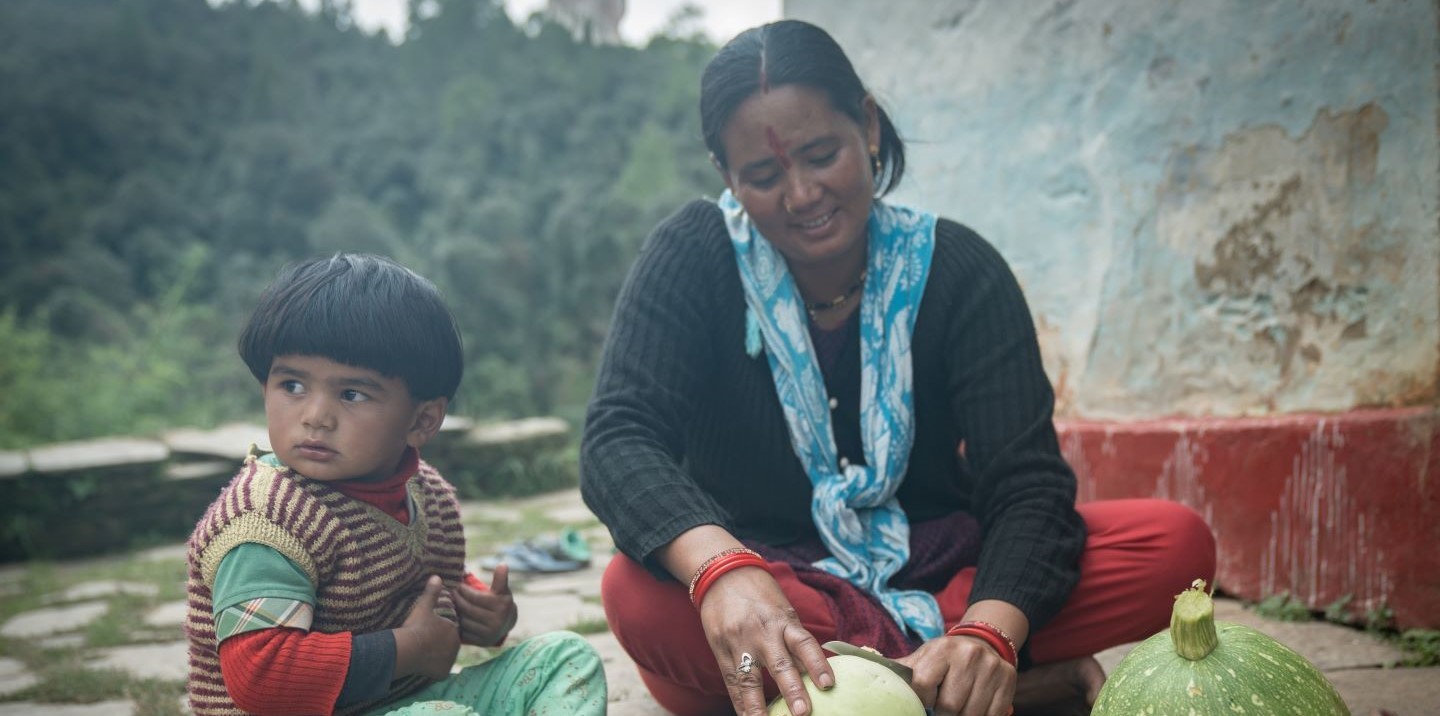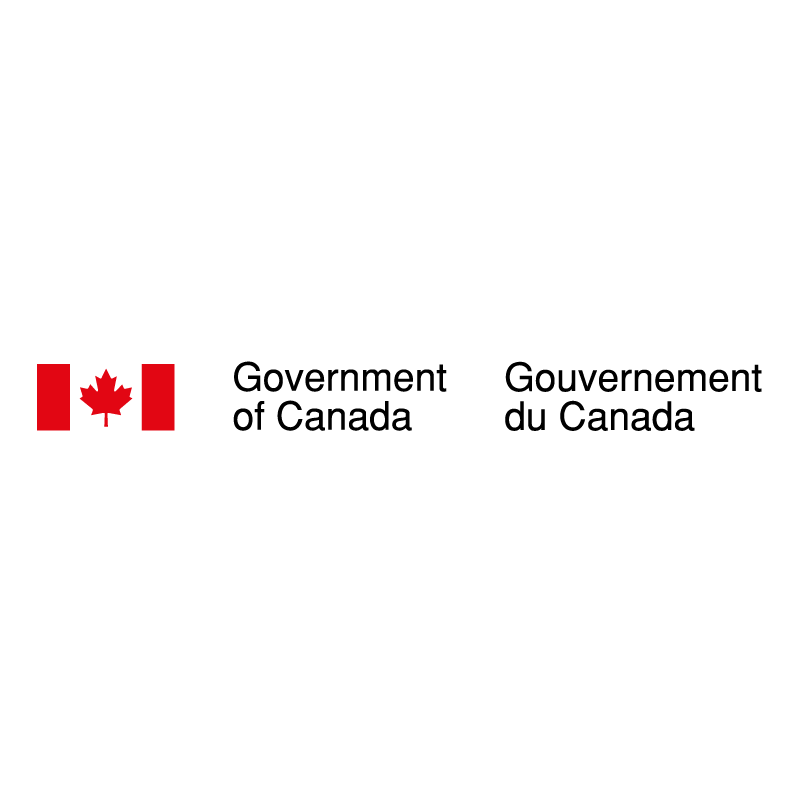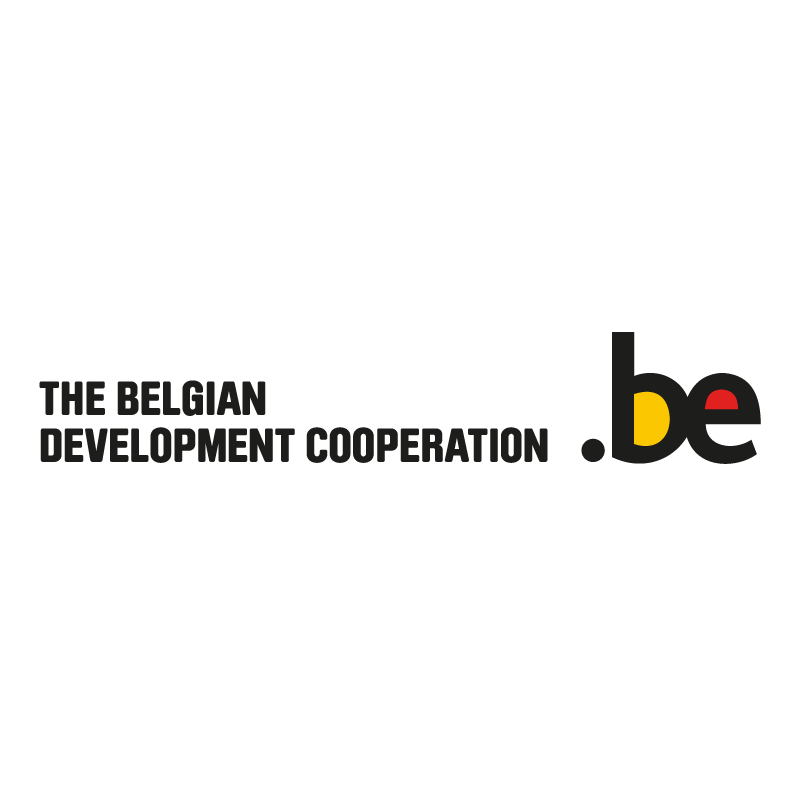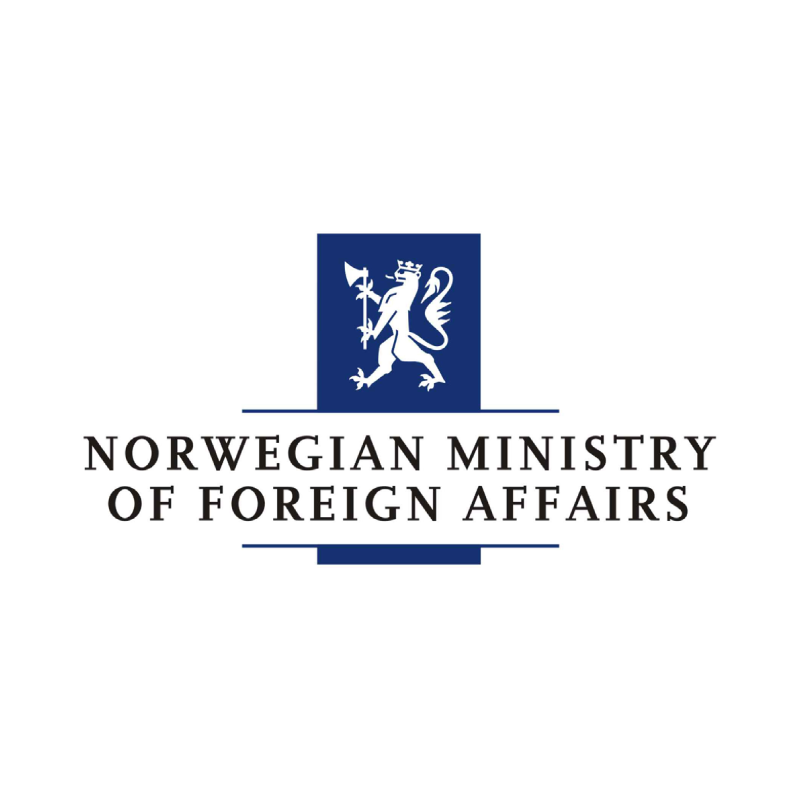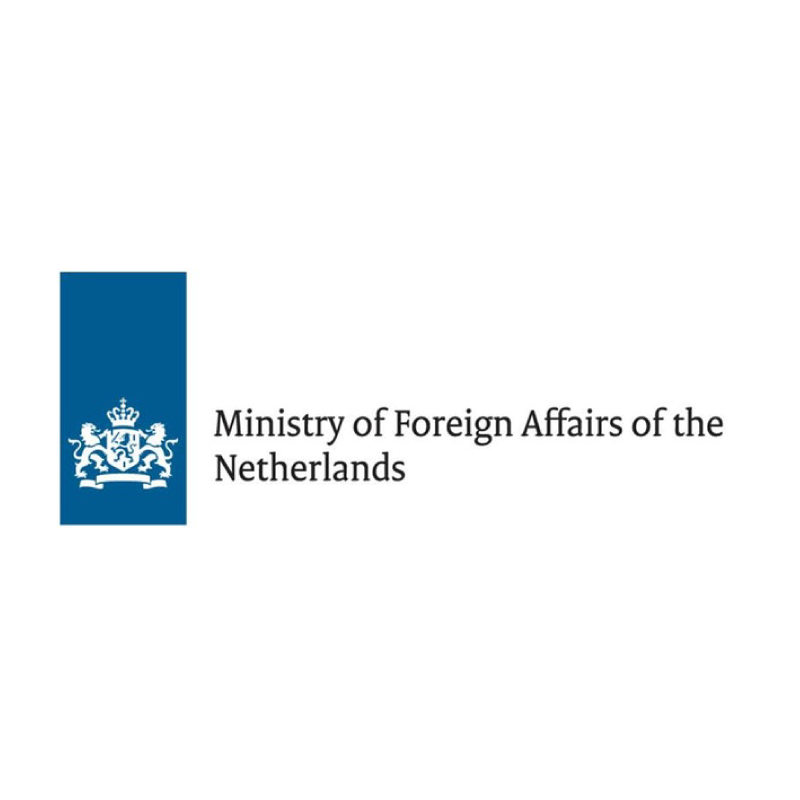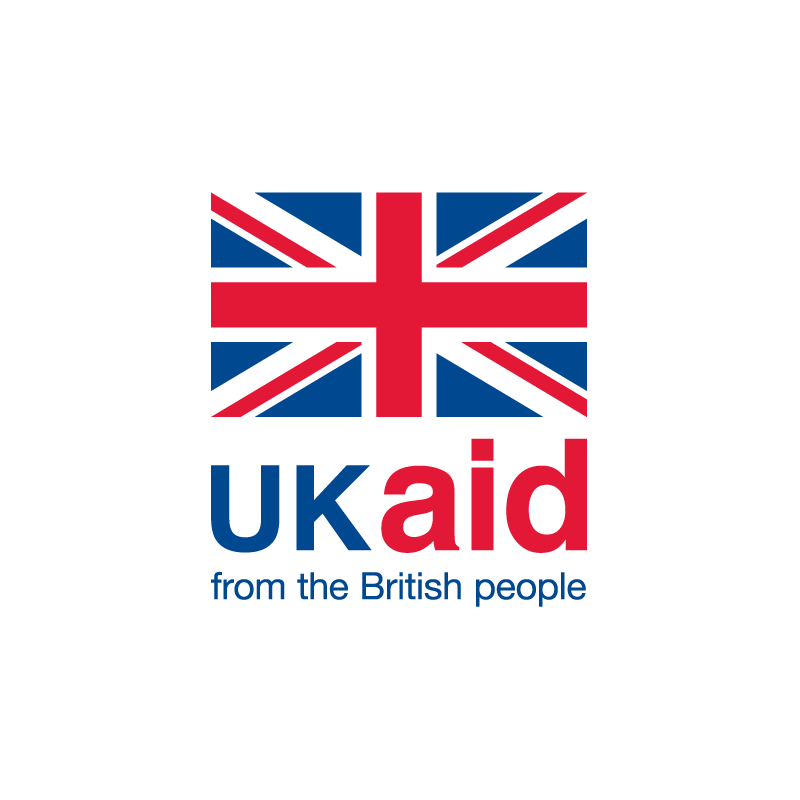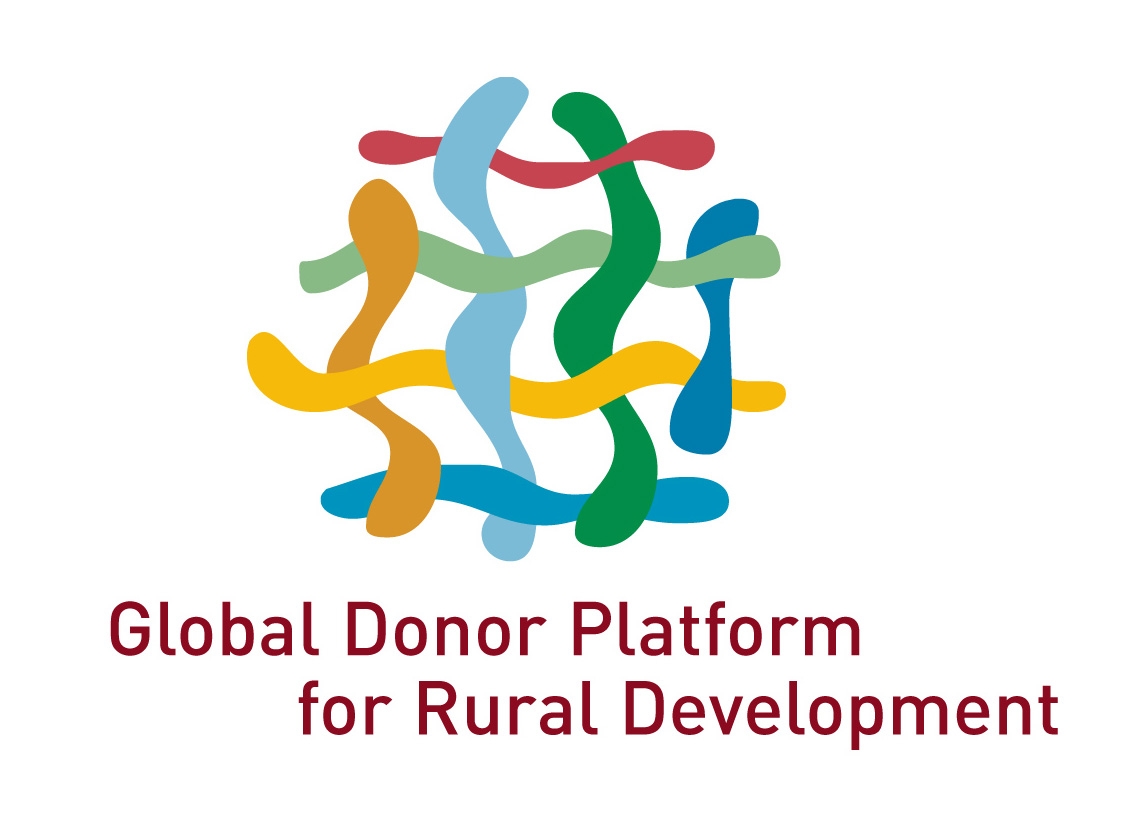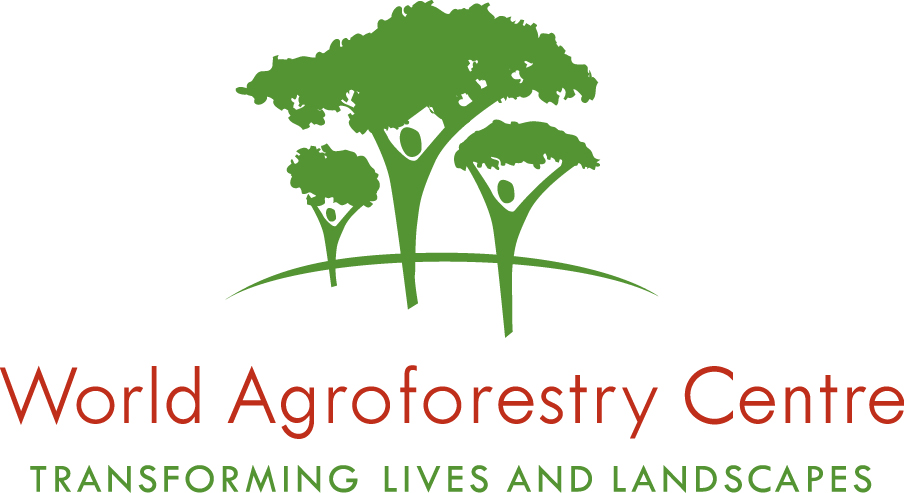Adaptation for Smallholder Agriculture Programme
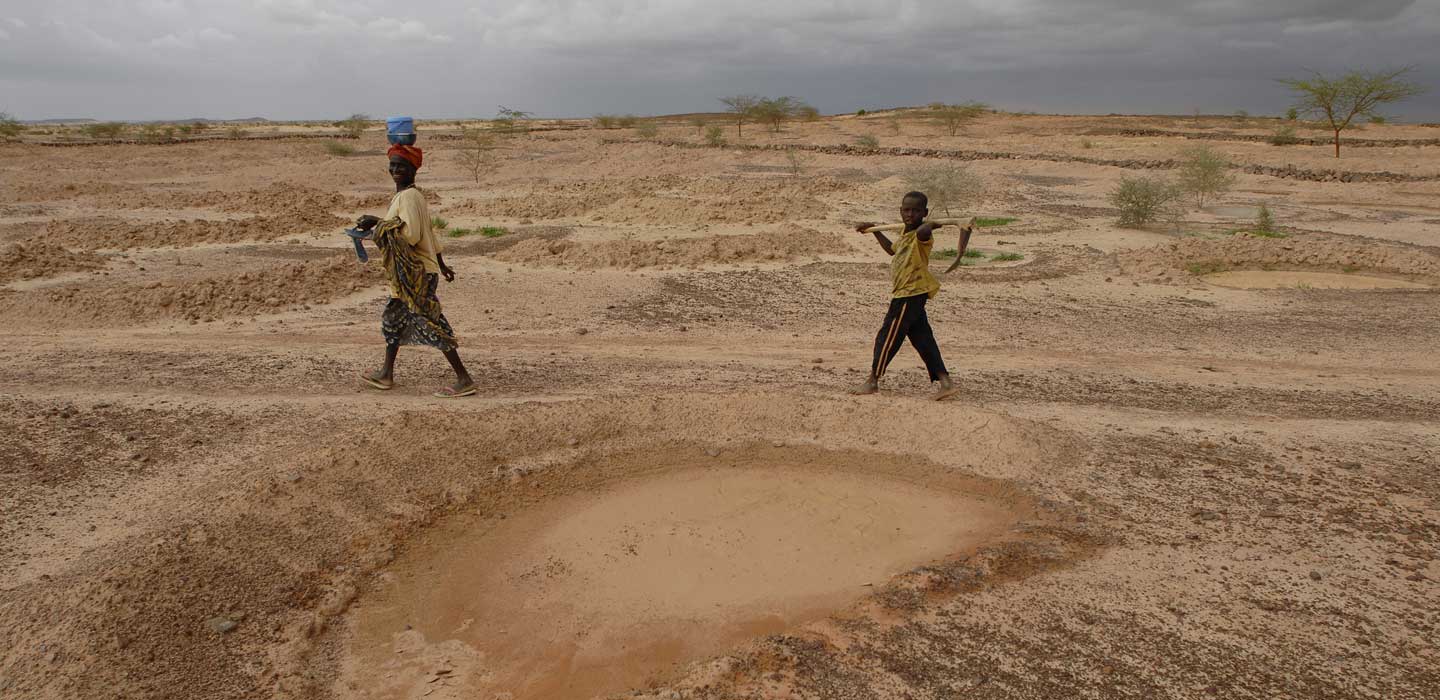
Adaptation for Smallholder Agriculture Programme
Adaptation for Smallholder Agriculture Programme (ASAP)
Critical climate finance for small-scale farmers
Small-scale farmers are on the frontline of climate change. They live in some of the most vulnerable landscapes, such as hillsides and flood plains, and rely on fragile natural resources to make a living. As a result, rising temperatures, erratic rainfall, pest infestations, rising sea levels and extreme weather events threaten their lives and livelihoods.
Despite this, poor rural communities are often overlooked in policy debates on climate change—and how to address it.
The Adaptation for Smallholder Agriculture Programme (ASAP) is IFAD’s flagship programme for channelling climate finance to small-scale farmers. It is being implemented in three phases:
- ASAP1 (2012-2025): addresses the challenges posed by climate change by providing climate-resilient agricultural practices, technologies and financing to small-scale farmers.
- ASAP2 (2017-2025): provides technical assistance on policy and operational issues.
- ASAP+ (from 2021): builds on the previous phases to address climate-driven food insecurity and empowers the most vulnerable small-scale producers and communities.
Through new financial and programming instruments that address this complex problem, IFAD helps small-scale farmers in developing countries adapt to climate change and build resilient livelihoods by providing them with knowledge, skills and technology. We promote practices that mitigate the emissions of greenhouse gases and support knowledge-sharing to foster the development of new approaches and technologies.
Spotlight
Spotlight
The planet is awash with climate disasters. Meet the rural people battling to endure them
One year on from the biggest global commitment to financing climate adaptation at COP26, we are yet to see the actions needed to follow through on this promise.
Contacts
Asset Publisher

Hisham Zehni
Lead Technical Specialist (Youth) and Social Inclusion Cluster Coordinator, Environment, Climate, Gender and Social Inclusion Division

Flavia Perusini
Climate Change and Environment Specialist, Environment, Climate, Gender and Social Inclusion Division

Related news
Asset Publisher
Time to step up investments in rural communities on the frontline of climate change in the Pacific islands
IFAD is advocating for more investments in small-scale farming communities in the Pacific.
Norway pledges an additional US$9.5 million to climate adaptation for small-scale farmers
As part of a commitment to triple its support to climate adaptation by 2026, Norway has pledged an additional NOK 100 million (approximately US$9.5 million) contribution of urgently needed climate finance to IFAD today.
At COP26, IFAD spotlights the impact of climate change on small-scale farmers with an innovative virtual visit to Bangladesh
IFAD highlighted the impact of climate change on small-scale farmers at the 26th Conference of the Parties (COP26) to the UN Framework Convention on Climate Change currently underway in Glasgow, UK, through a virtual visit to Bangladesh, where the country’s poorest small-scale farmers spoke about the projects and practices that are helping them adapt.
Related stories
Asset Publisher
Why climate finance matters: Your questions answered
Climate finance is complicated, and we get a lot of questions about everything it entails. We’ve put together some answers to the ones we receive most often.
Climate finance keeps carbon where it belongs: underground
Climate finance is essential to prevent the worst-case climate scenarios from happening and to protect the most vulnerable people from a climate breakdown.
Financing resilience: how ASAP+ is helping rural communities adapt to climate change
When it comes to climate change, small-scale farmers are among the world’s most vulnerable communities. This is why IFAD focuses on climate resilient agriculture and climate finance through programmes like ASAP+.
Related publications
Asset Publisher
Djibouti: Programme to Reduce Vulnerability in Coastal Fishing Areas
This programme bolsters Djibouti’s climate adaptation and resilience by bridging multiple sectors, including fisheries, rural development and gender. This required considered coordination and communication among diverse stakeholders.
Mali: Fostering Agricultural Productivity Project
This project introduced a range of renewable energy technologies to enhance the lives of rural people. Biogas digesters were coupled with latrines and slurry storage was developed. Sustainable bio slurry will replace chemical fertilizers, allowing households to save money and consume healthier foods. Biogas digesters also alleviate burdens on women and reduce deforestation.
Mozambique: Pro-Poor Value Chain Development in the Maputo and Limpopo Corridors
PROSUL introduced innovations across various value chains, including technology for vegetable production and improved cassava varieties. Moreover, the project built climate-resilient infrastructure, such as irrigation systems, multifunctional boreholes and cattle fairs.
Related videos
Related videos
Fighting climate change in Latin America and the Caribbean
Small-scale farmers are responsible for up to 80 per cent of food production in Latin American and Caribbean countries, but they are at the frontline of the fight against climate change and social injustice.
Climate Knowledge from the Ancestors
Have you ever found yourself looking outside the window, wondering if it will be raining soon? Perhaps you never thought of asking the ants.
Rwanda: Reducing food loss in a changing climate
Farmers in Rwanda can lose around 30 per cent of their harvests before they even reach the market, due to a lack of adequate means to dry, store and transport the crops.
Paxina Chileshe talks about climate adaptation
Paxina Chileshe, climate change specialist at IFAD, talks about climate adaptation and smallholder farmers.
